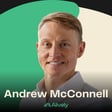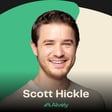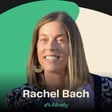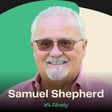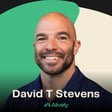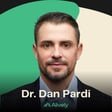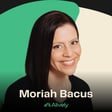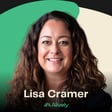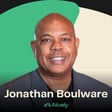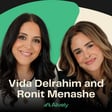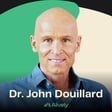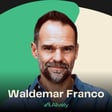
Exercise Doesn’t Have To Be Hard with Yoga Instructor Nicole Wild - E12
Physical activity can play a vital role in our lives, but people who do want to move are often held back by one reason or another. The quest for a balanced exercise regimen can feel like a constant struggle against your own body. But what if the answer lies in a more flexible and intuitive approach? This episode delves into creating an exercise routine that adapts to your body's cues, integrates joy, and fosters long-term health and vitality.
Nicole Wild, a yoga teacher and meditation facilitator, is the founder of The Kula, an online yoga studio that fosters a global community of over 62 countries. Known within the yoga community for her extensive knowledge and comprehensive approach to health, Nicole has spent years exploring the interconnected realms of fitness, nutrition, and mental well-being. Her retreats and training sessions attract participants from all walks of life, offering enriching experiences that blend physical activity with mindful practices. Her journey into holistic wellness has transformed not just her life, but also the lives of many, through her emphasis on balance, intuition, and joy in health practices.
“Practise or exercise or whatever your physical exertion is until you're sore and then rest until you're not.” - Nicole Wild
In this episode you will learn:
- Nicole's approach to supplements, focusing on research-based, needs-driven usage rather than a consistent routine.
- How Nicole incorporates whole foods, particularly for nutrient intake, and her preference for high-protein vegetarian options.
- The vital role of a flexible and intuitive daily routine, including meditation, breath work, and yoga, in maintaining overall wellness.
- Insights into Nicole's physical activity journey, including her shift from strength-focused exercises to more supportive practices like yin yoga.
- Nicole's sleep and recovery strategies, including sleep tracking, the importance of meal timing, and the use of foam rollers and massages.
- The balance and adaptability required in a holistic health approach, emphasising social connection, joy, and nourishing relationships.
Resources
- Connect with Nicole on Instagram: https://www.instagram.com/nicolewildcollective
- Follow Nicole on YouTube for online yoga: https://www.youtube.com/c/NicoleWild
- Explore The Kula: https://www.instagram.com/thecollectivekula
- Shop all the products Nicole mentions in the episode: https://alively.com/products/nicole-wild
This podcast was produced by the team at Zapods Podcast Agency:
https://www.zapods.com
Find the products, practices, and routines discussed on the Alively website:
https://alively.com/
